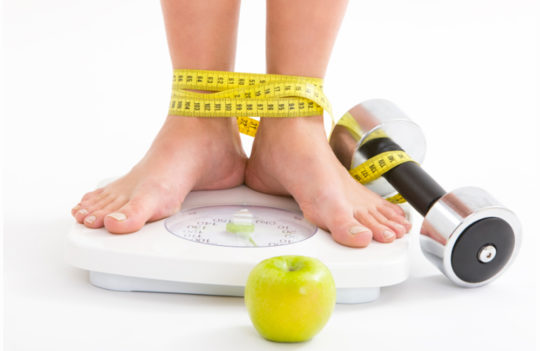New lung cells may replace tobacco-damaged cells after people stop smoking
“Lungs ‘magically’ heal damage from smoking,” reports BBC News. This encouraging headline is prompted by a new UK-based study. Researchers examined lung cells from children, adults who had never smoked, smokers and ex-smokers to look for DNA mutations. As expected, they found thousands of mutations in cells of smokers and ex-smokers, including mutations known to



Most Commented